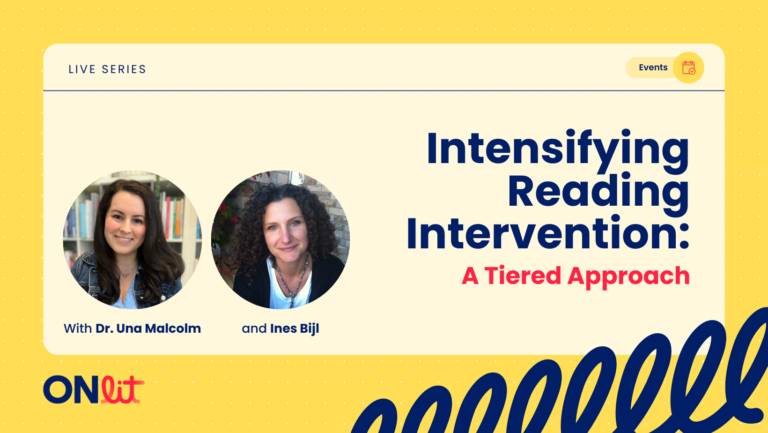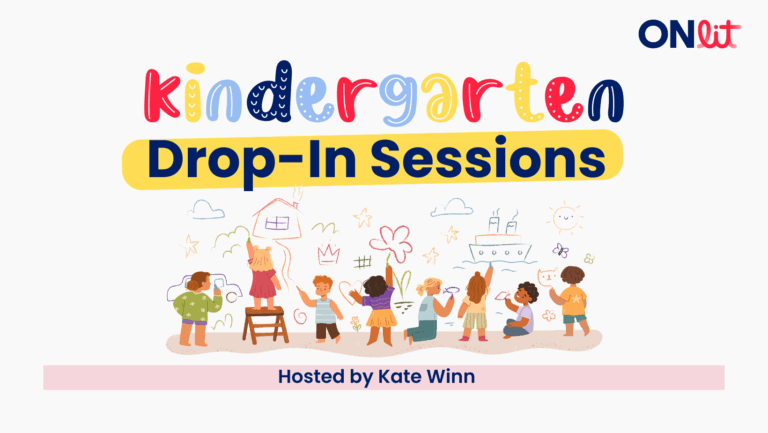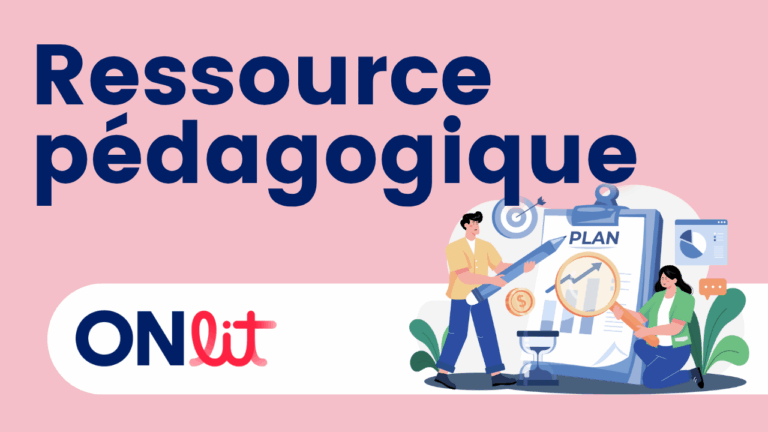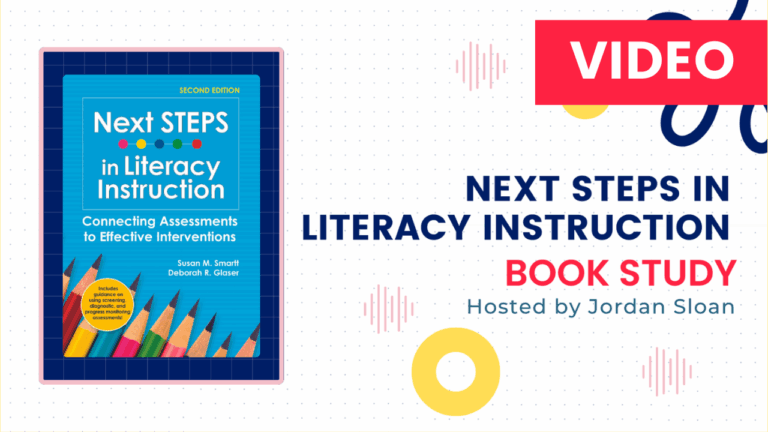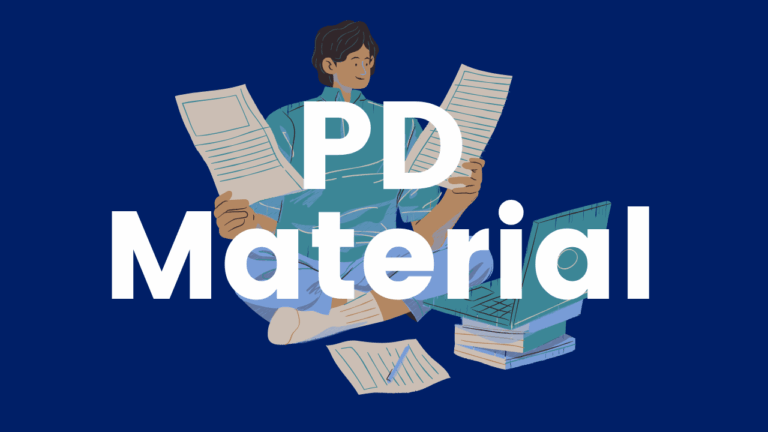Intensifying Reading Intervention: Session Recordings
This series explores how strong core instruction lays the essential foundation for all readers, while recognizing that some students will still require intensified support through tier 2 and tier 3 intervention. Hosted by Ines Bijl and Dr. Una Malcolm, the series examines what it means to provide meaningful intervention beyond the core, and how educators…

